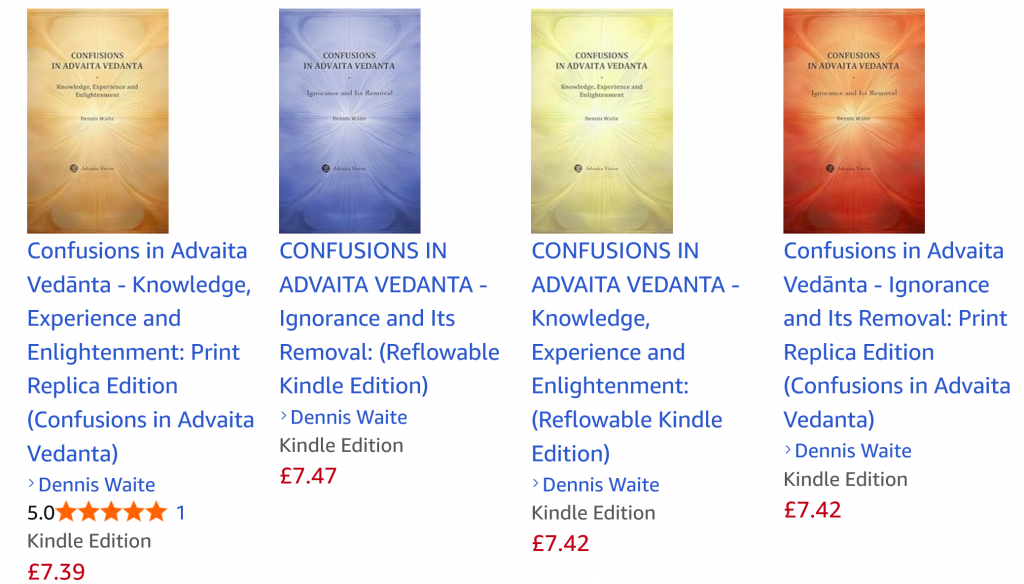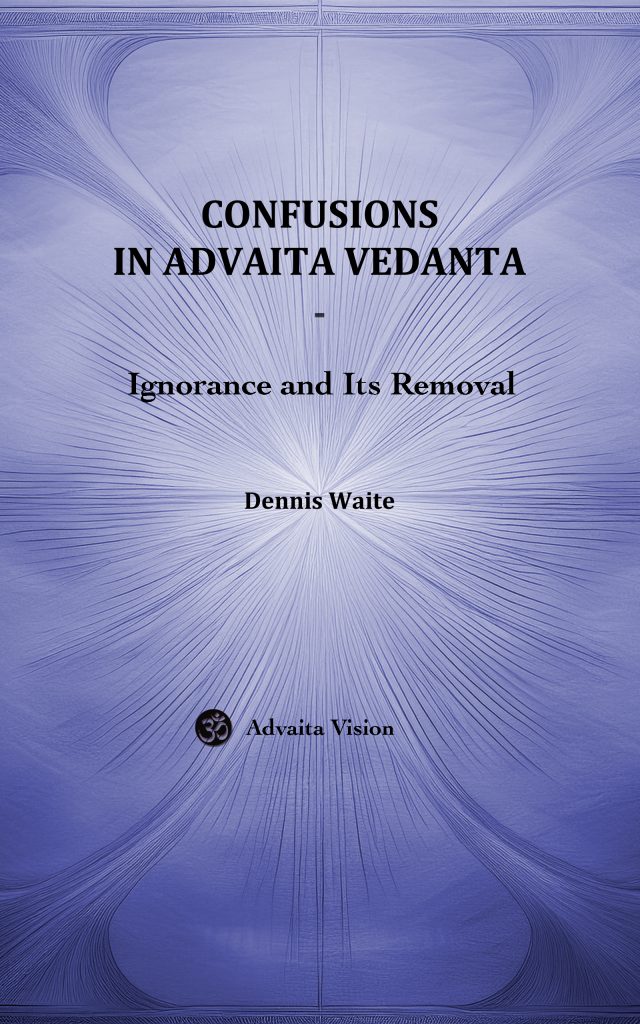असुर्या नाम ते लोका अन्धेन तमसा वृताः ।
तांस्ते प्रेत्याभिगच्छन्ति ये के चात्महनो जनाः ॥ — mantra 3, IshAvAsya upa.
[Meaning: Those worlds of devils are covered by blinding darkness. Those people that kill the Self go to them after giving up this body. (Translation: Swami Gambhirananda, 1957).]
The Upanishad counters the argument of the Mimamsakars saying that it is not a worthy stand to take, for it is tantamount to killing one’s Atma. AtmA is none other than what the Upanishad has been describing as the Lord.
How can the Lord be the same as AtmA?
AtmA is the generic name. It denotes the intrinsic nature as explained by Shankara in his commentary on brahma sUtra-s. Continue reading


